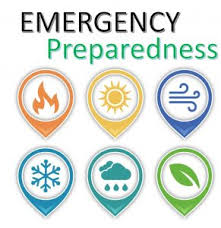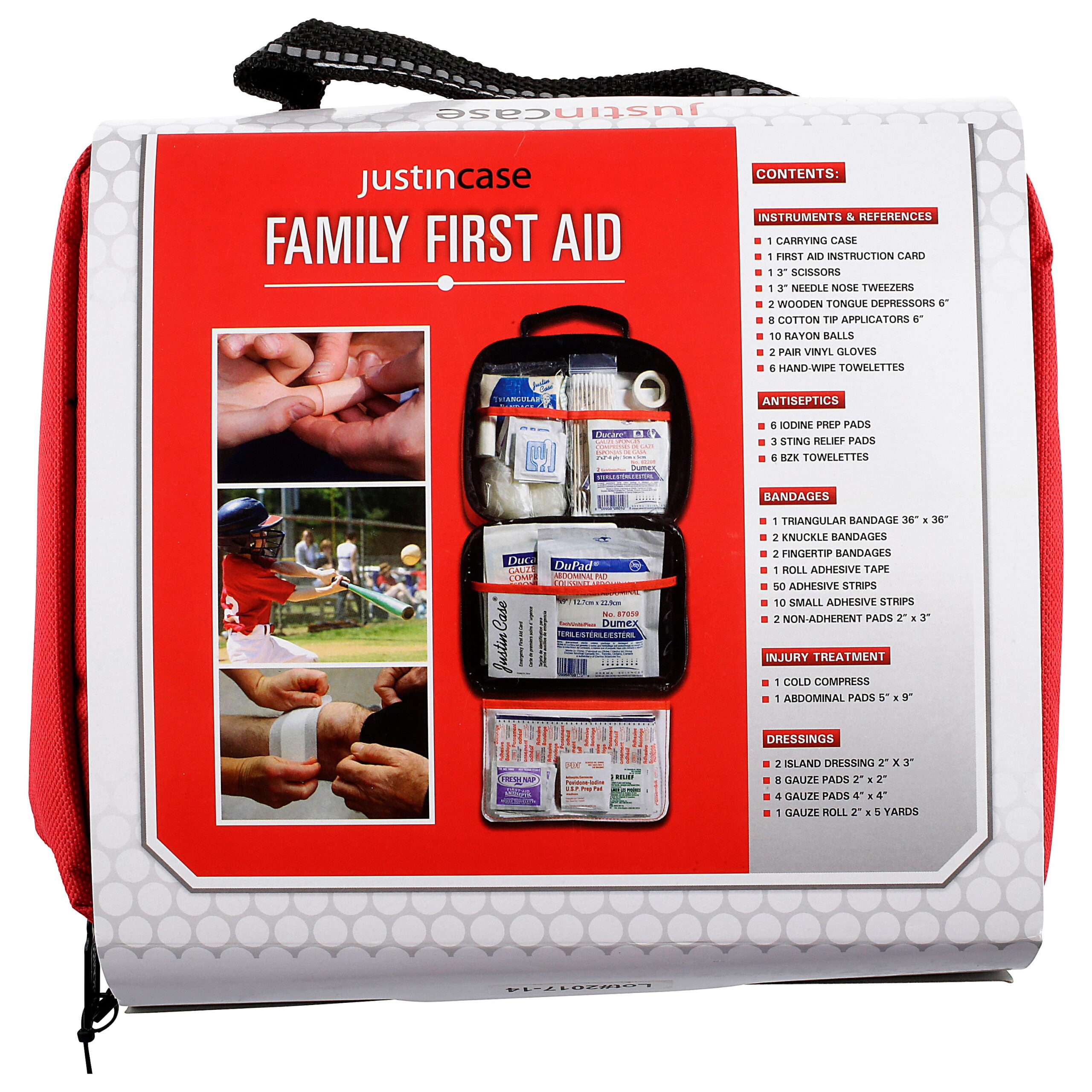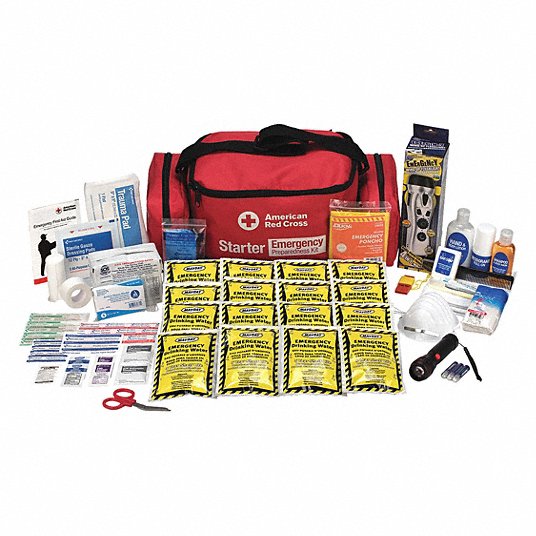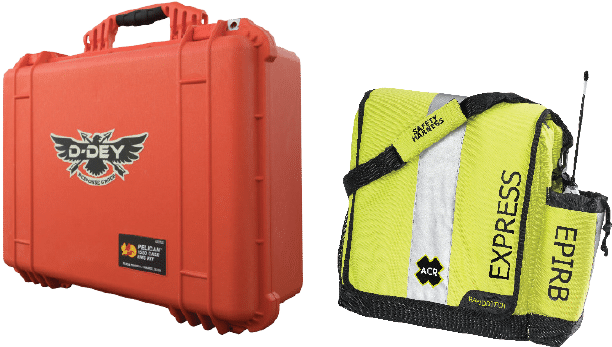The Importance of Emergency Preparedness: Ensuring Safety and Security
Emergency preparedness is a critical aspect of ensuring the safety and security of individuals, families, and communities in the face of unforeseen disasters or crises. By taking proactive steps to plan and prepare for emergencies, we can significantly reduce the impact of such events and protect lives and property.
Why Emergency Preparedness Matters
Emergencies can strike at any time, ranging from natural disasters like hurricanes, floods, and wildfires to man-made incidents such as accidents or acts of violence. Being prepared means having a plan in place to respond effectively to these situations, minimizing chaos and confusion when time is of the essence.
Key Aspects of Emergency Preparedness
There are several key aspects to consider when developing an emergency preparedness plan:
- Risk Assessment: Identify potential hazards in your area and assess their likelihood and impact on your community.
- Communication Plan: Establish clear communication channels with family members, neighbors, and authorities in case of an emergency.
- Emergency Supplies: Stock up on essential supplies such as food, water, first aid kits, flashlights, batteries, and medications to sustain you during emergencies.
- Evacuation Plan: Develop a detailed evacuation plan with designated meeting points and routes to follow in case you need to leave your home quickly.
- Training and Education: Stay informed about emergency procedures and receive training on basic first aid techniques to assist others in need.
The Benefits of Being Prepared
Being prepared for emergencies offers numerous benefits:
- Lives Saved: Quick action based on a well-thought-out plan can save lives in critical situations.
- Mitigated Damage: Proper preparation can help minimize damage to property and infrastructure during emergencies.
- Promoted Resilience: Communities that are well-prepared are more resilient in the face of adversity and can recover more quickly from disasters.
- Piece of Mind: Knowing that you have taken steps to prepare for emergencies can provide peace of mind for you and your loved ones.
In Conclusion
In conclusion, emergency preparedness is not just a good idea—it’s an essential practice that can make a significant difference when faced with unexpected crises. By investing time and effort into planning for emergencies now, we can better protect ourselves, our families, and our communities in times of need. Remember: being prepared today can save lives tomorrow.
Top 5 FAQs on Emergency Preparedness: Kits, Plans, Disasters, Evacuation, and Training
- What should be included in an emergency preparedness kit?
- How can I create an emergency communication plan for my family?
- What are the most common natural disasters in our area and how can we prepare for them?
- Are there specific evacuation routes and shelters designated for emergencies in our community?
- Where can I find local training programs or resources to learn more about emergency preparedness?
What should be included in an emergency preparedness kit?
An emergency preparedness kit should include essential items to sustain you and your family during a crisis. Key items to include are non-perishable food, water, a first aid kit, medications, flashlight with extra batteries, personal hygiene items, important documents (such as identification and insurance papers), cash, a multi-tool or Swiss army knife, and a portable phone charger. Additionally, consider including items specific to your family’s needs, such as infant formula or pet supplies. Regularly check and update your emergency kit to ensure that all supplies are current and in good condition for when they are needed most.
How can I create an emergency communication plan for my family?
Creating an emergency communication plan for your family is crucial to ensure everyone’s safety and well-being during times of crisis. Start by designating a central point of contact that every family member can reach in case of separation. Establish alternative communication methods, such as text messaging or social media, in case phone lines are down. Make sure everyone knows important contact information for emergency services, neighbors, and relatives. Practice your communication plan regularly to ensure that everyone understands their roles and knows what to do in an emergency situation. By developing a clear and effective communication strategy, you can enhance your family’s preparedness and ability to stay connected during challenging times.
What are the most common natural disasters in our area and how can we prepare for them?
Understanding the most common natural disasters in our area is crucial for effective emergency preparedness. By identifying prevalent threats such as hurricanes, floods, or wildfires, we can tailor our preparedness efforts accordingly. For instance, preparing for hurricanes may involve securing loose items, stocking up on non-perishable food and water, and having a communication plan in place. Similarly, mitigating flood risks could include elevating valuables, obtaining flood insurance, and creating an evacuation plan. By proactively addressing these specific hazards through informed preparation strategies, we can enhance our resilience and safeguard our well-being in the face of natural disasters.
Are there specific evacuation routes and shelters designated for emergencies in our community?
Inquiring about specific evacuation routes and designated shelters for emergencies in our community is a crucial aspect of comprehensive emergency preparedness. Knowing the evacuation routes and shelter locations can be instrumental in ensuring a swift and safe response to potential disasters. It is recommended to familiarize oneself with these designated routes and shelters in advance, as this knowledge can significantly enhance readiness and facilitate effective decision-making during times of crisis. Stay informed about local emergency plans and resources to maximize your preparedness and safety in any emergency situation.
Where can I find local training programs or resources to learn more about emergency preparedness?
If you are looking to enhance your knowledge and skills in emergency preparedness, there are various local training programs and resources available to help you learn more about this crucial topic. You can reach out to your local emergency management agency, community centers, or Red Cross chapters to inquire about training workshops, classes, or online resources that focus on emergency preparedness. Additionally, websites such as Ready.gov and FEMA offer valuable information and tools to educate individuals on how to effectively prepare for emergencies and disasters. By taking advantage of these local resources and programs, you can equip yourself with the necessary knowledge and training to better respond to emergencies in your community.




